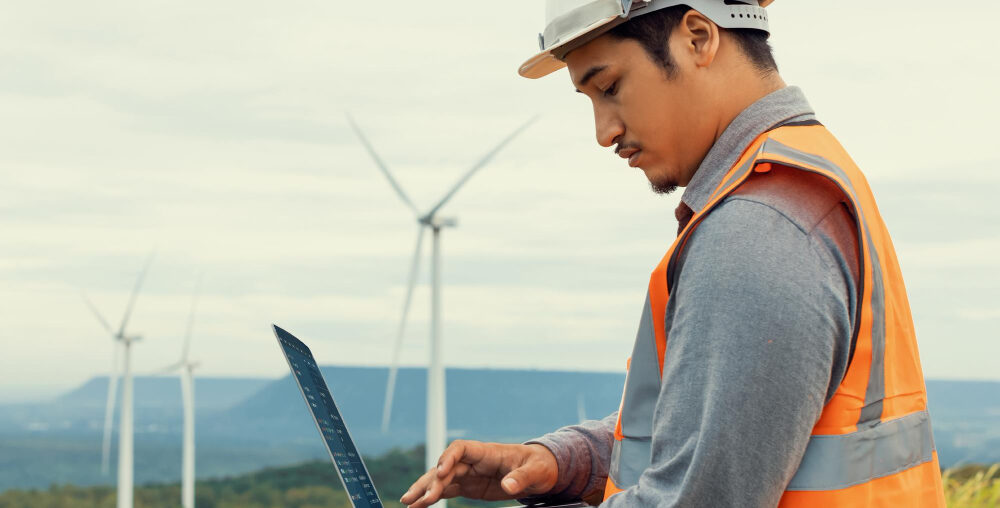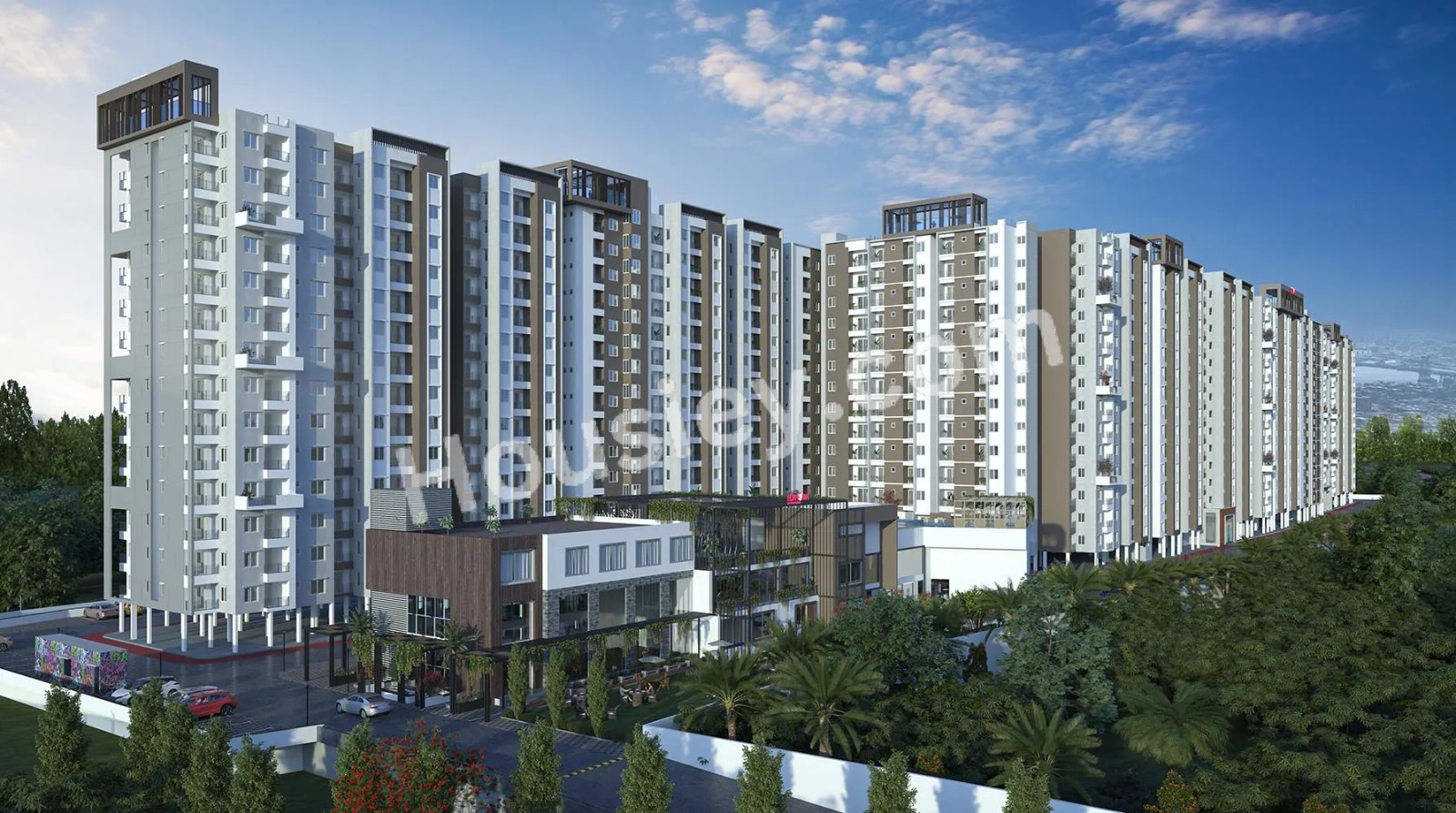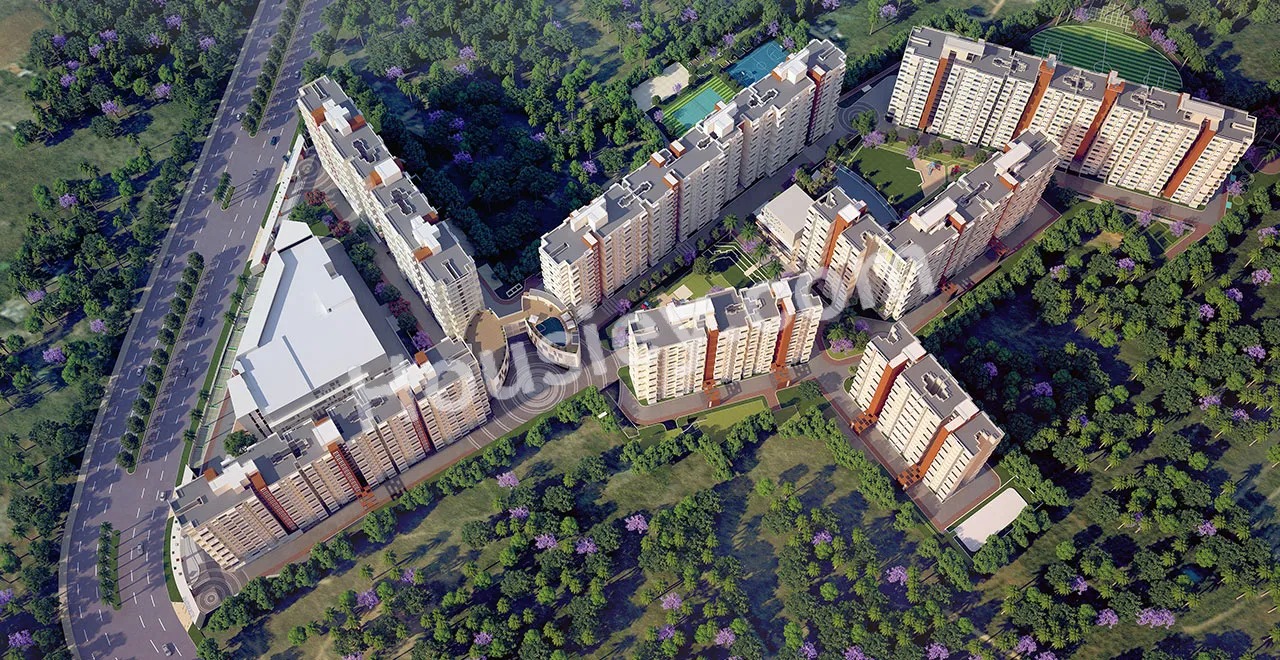Sustainability has become a top priority in the construction industry. Builders are now combining modern technology with eco-friendly practices to create greener, more efficient buildings.
Here’s how technology is helping builders improve sustainability in 2025 and beyond.
1. Smart Building Materials
- Builders are now using materials that enhance energy efficiency and reduce waste.
- These materials improve insulation, reduce heating costs, and minimize environmental impact.
Popular Smart Materials:
- Self-healing concrete that repairs cracks automatically
- Phase-changing materials that regulate indoor temperatures
- Recycled steel and eco-friendly bricks
See also: Top 2025 Pune Luxury Apartments: Where Comfort Meets Modern Living
2. Energy-Efficient Designs with 3D Modeling
- Builders are using 3D modeling software to design energy-efficient spaces.
- These tools help identify heat loss points, ventilation issues, and ideal window placements.
Benefits of 3D Modeling:
- Reduces design errors
- Optimizes natural light to reduce electricity consumption
- Enhances airflow for better indoor air quality
3. Solar Power Integration
- Solar panels are becoming a standard feature in modern buildings.
- Builders are installing rooftop solar systems to reduce reliance on traditional energy sources.
Why Solar Power Matters:
- Reduces electricity bills
- Cuts down carbon footprints
- Provides backup power during outages
4. Water Conservation Technologies
- Builders are incorporating smart water-saving systems to reduce waste.
- These systems optimize water usage without compromising convenience.
Water-Saving Solutions:
- Low-flow faucets and showerheads
- Smart irrigation systems that adjust watering based on weather
- Rainwater harvesting systems for garden maintenance
5. IoT-Based Energy Management Systems
- Builders are installing IoT devices to monitor and control energy usage.
- These smart systems help reduce wastage and improve efficiency.
Common IoT Features:
- Automated lighting and HVAC control
- Real-time energy consumption tracking
- Remote access through mobile apps
See also: 2 BHK Flats in Wakad: Ideal Homes for Modern Living in Pune
6. Prefabrication and Modular Construction
- Prefabrication reduces material waste and speeds up construction timelines.
- Builders create components off-site and assemble them on location.
Why Modular Construction is Growing:
- Reduces construction waste
- Saves time with faster building completion
- Enhances precision and quality control
7. Green Roof and Vertical Gardens
- Builders are embracing green roofs to improve insulation and reduce heat buildup.
- Vertical gardens are also gaining popularity in urban projects.
Benefits of Green Roofs and Gardens:
- Improves air quality
- Lowers building temperatures
- Enhances aesthetics while promoting biodiversity
8. Eco-Friendly Construction Equipment
- Builders are switching to electric and hybrid construction machines.
- These machines reduce harmful emissions and improve fuel efficiency.
Popular Eco-Friendly Equipment:
- Electric excavators and bulldozers
- Battery-powered cranes and forklifts
- Energy-efficient site lighting
9. Smart Waste Management Systems
- Builders are adopting waste tracking systems to minimize landfill waste.
- These systems sort and recycle construction debris effectively.
Waste Management Solutions:
- Digital waste tracking tools
- Recycling stations on construction sites
- Partnering with eco-friendly disposal services
See also: Explore Pune’s Growing Co-Working Spaces: Ideal for Modern Businesses
10. Digital Twin Technology
- Builders are using digital twins to monitor building performance in real-time.
- This virtual model helps identify issues before they become costly problems.
Benefits of Digital Twins:
- Improved energy efficiency
- Enhanced predictive maintenance
- Reduced operational costs over time
Conclusion
Builders are embracing technology to create eco-friendly, energy-efficient, and cost-effective buildings. By integrating smart materials, solar power, IoT systems, and sustainable designs, they are setting new standards in green construction.




